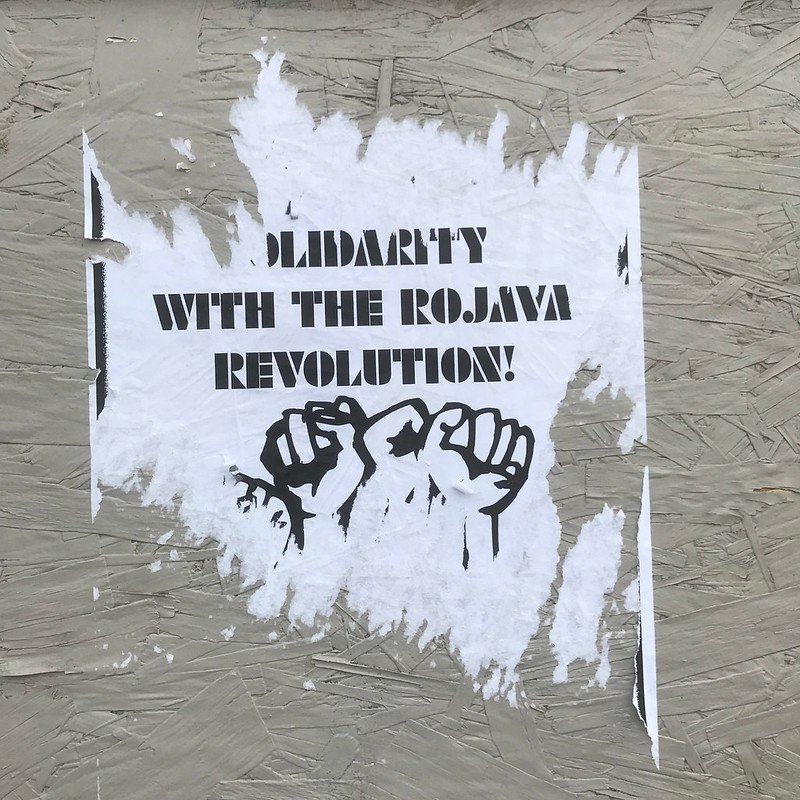Since 2012, Kurds have pursued a policy of women’s liberation, establishing deeply democratic institutions, inter-community cooperation and peace building. We must #riseup4rojava, write @Anthropogo & Pat Huff. (Blog and thread for how to get involved)👇👇
steps-centre.org/blog/now-is-th…
steps-centre.org/blog/now-is-th…

The international solidarity community has designated Saturday 2 November World Resistance Day and there are many ways to get involved (see link).👇 #riseup4rojava
riseup4rojava.org
riseup4rojava.org
You can also Donate to Heyva Sor a Kurd, the Kurdish Red Crescent, which is in desperate need of funds to carry out lifesaving work in the war zone.👇 #riseup4rojava
heyvasor.com/en
heyvasor.com/en
• • •
Missing some Tweet in this thread? You can try to
force a refresh





